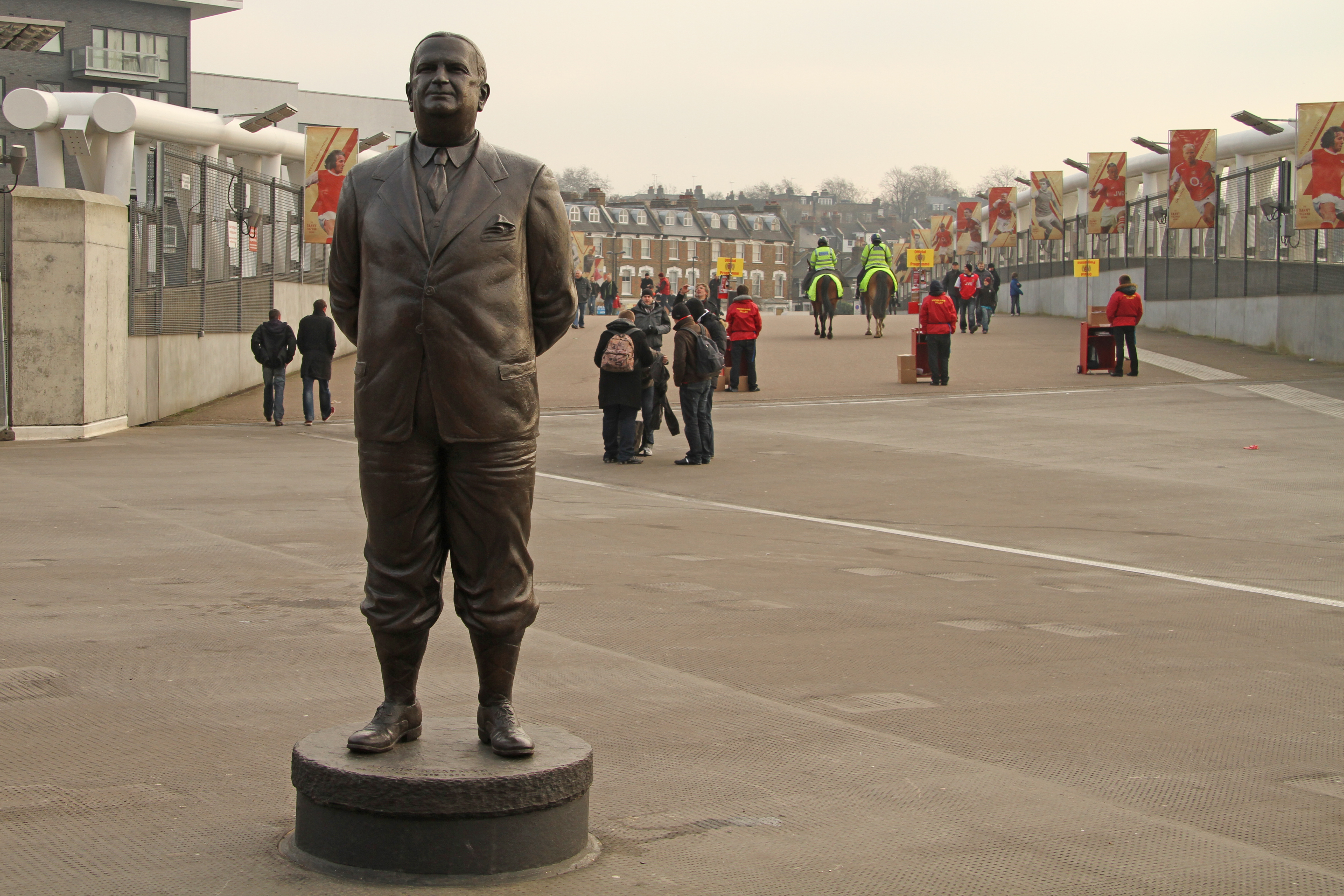When an Arsenal manager writes in a newspaper that “spectators want a fast-moving spectacle, rapier-like attacks that have the spirit of adventure, and ever more goals”, it’s almost a given that Arsène Wenger’s name will be attached to the column, his swashbuckling side never particularly enamoured of the art of defending. But these were Herbert Chapman’s words, uttered during the 1930-31 season, and Patrick Barclay makes it his mission in this book to ensure that the manager who did so much to usher in modern football should be regarded in the same way as Matt Busby, Bill Shankly, Jock Stein, Brian Clough and, latterly, Alex Ferguson.
Chapman’s managerial career began with promise in the first decade of the 20th century – managing Northampton Town and Leeds City – and ended in outstanding success with Huddersfield Town and Arsenal. And while Barclay forensically examines the memorable seasons and players, his admission that “Herbert Chapman lived through momentous times without ever leaving a clue as to how he viewed them” does rather reflect the sense that the man himself – even in this sweepingbiography – remains just a little elusive.
Barclay fills the gaps by chronicling the turbulent early 20th-century Britain Chapman was living in and there is something fascinating about the reminder that our current Queen was born before the first ever radio commentary, as Chapman was still honing his Arsenal team. That broadcast was very much encouraged by Chapman, whose values of teamwork, tactics, entertainment and the counterattack have resonated across the ages. As Barclay explains, he was somehow a man both of – and ahead of – his time.


